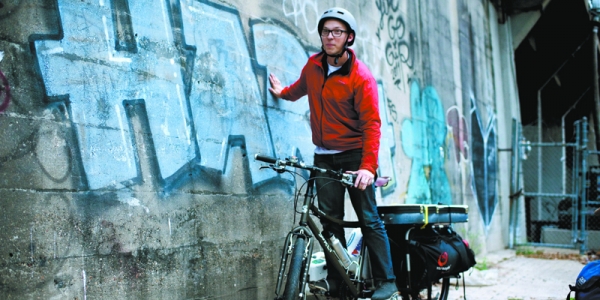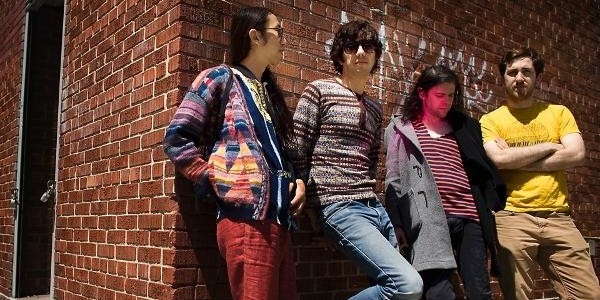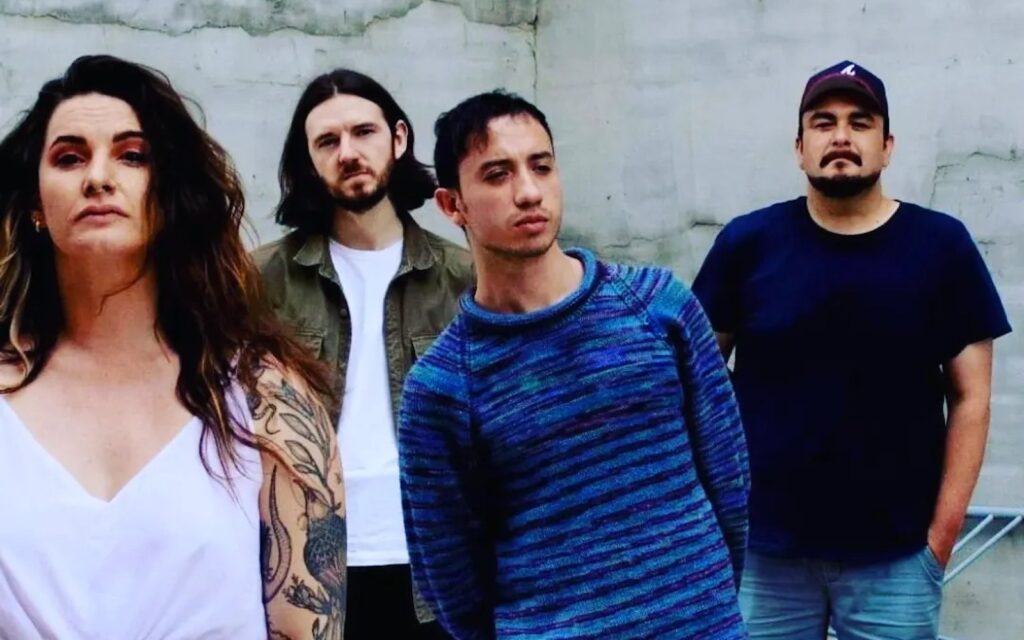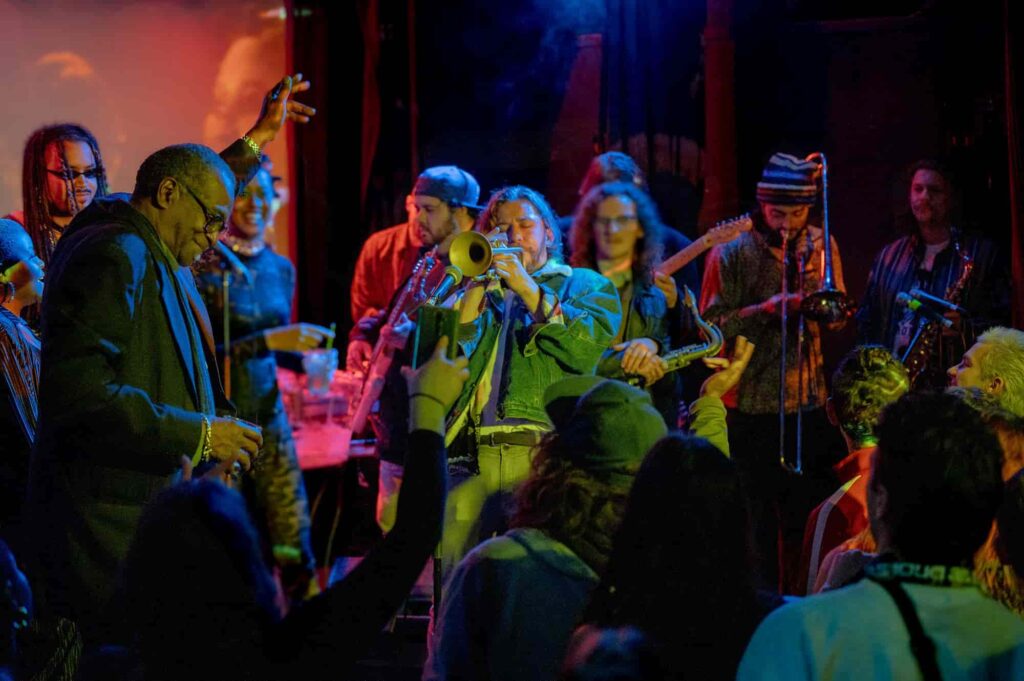Sollee is calling from his home in Kentucky, having just returned from a few days in Los Angeles to attend to some of his music business affairs. True to his southern roots, Sollee is profusely apologetic for missing our previous two interview appointments, and is keen to make amends, notwithstanding his recent travel. “I think the best aspect of Kentucky is how open it is to all the different cultures in the United States,” Sollee says, when I ask him to describe the best and worst aspects of his home state. “They call it one of the great cross-road states – there’s a lot of industry that crosses through Kentucky, and that means there’s a lot of mixing between different cultures,” he says. The state’s propensity for cross-pollination has had its musical benefits, too. “You look at bluegrass music – that mixes a whole lot of styles, like country, folk and blues. A band like My Morning Jacket, who also come from Kentucky, have those influences. But I think that can also be the state’s weakness, because it’s not always clearly defined,” Sollee says.
As a young child in public school, Sollee was drawn to the cello, and instrument not traditionally associated with the folk and soul genres to which Sollee eventually gravitated. “I started playing cello when I was about seven,” Sollee says. “I like the cello because I could make all these different rackets – scratching sounds, or low sounds. As a third grader I really liked those sounds, and even as a 28-year-old, I still like those sounds,” he laughs.
Sollee was fortunate to come from a musical family, with his grandfather a seasoned fiddle player, and his father a guitarist with particular interest in rhythm and blues. While there was the logistical opportunity for the family to come together to play music, Sollee says it wasn’t always easy to identify the appropriate musical context. “We had a good social time playing music together, but the main dilemma I had was how to play music together,” Sollee says. “I was trained as a classical musician, so I had to work out to play in a different way.”
Sollee contemplated, but ultimately eschewed the temptation to become a full-time classical musician. While life as a professional musician is notoriously difficult in all genres of music, Sollee sees particular problems for the support for classical orchestras in the United States. “I have considered it,” he says. “I suppose I don’t miss the social world in classical music. And unfortunately in the United States a lot of orchestras are really struggling.”
After playing cello in The Sparrow Quartet, Sollee stepped out as a solo performer in 2008. Sollee continued to play cello, while also singing, exhibiting a vocal approach closer to soul than the bluegrass style of Kentucky. “I’m still learning to be a singer,” Sollee says modestly. “I love the singing of Nina Simone, and I love the songwriting of Paul Simon. And I love the way Pete Seeger captures a sense of community, and I love how M.Ward can bring together all these different sounds and textures into his songs,” he says.
Sollee concedes that many of his compositions have a distinctly personal aspect. One such song is Bible Belt from his most recent album Insights. “Yeah, that’s definitely written from a personal perspective,” Sollee laughs. “My wife, Caitlin, and I met and married and made a child pretty quickly, and I don’t think we exactly met the expectations of our friends and family. We learnt pretty early that we were setting up our own expectations, and that’s what that song is about,” he says.
Sollee has also become well-known in Kentucky for his opposition to the practice of moutain top removal, a contemporary mining practice that has generated similar levels of community concern to coal seam gas mining in Australia. “Mountain top removal is basically open-pit mining on the top of a mountain,” Sollee explains. “The process is to lift the top of the mountain off to expose the coal inside. It causes so much devastation to the environment – it leaves this grey and brown residual space, and nothing grows there. And it makes things really hard for the community who’ve had to move away. Those areas are really important to United States culture – it’s those communities that are the heart and soul of country music,” Sollee says.
Community is a big issue for Sollee, and underpins his embracing of bicycle travel, even when travelling across the United States to play gigs. “I carry my cello with me, and my drummer carries his drums as well,” Sollee says. “I have this thing called an extra-cycle that connects to my bike, and I can attach my cello to it. I don’t do it to be green or environmental – I just do it so I can slow down and meet the cultures that we’re travelling through. You expose yourself to everything from distracted drivers to interested pedestrians. We’ve had some great moments riding around!” Sollee laughs.
BY PATRICK EMERY







